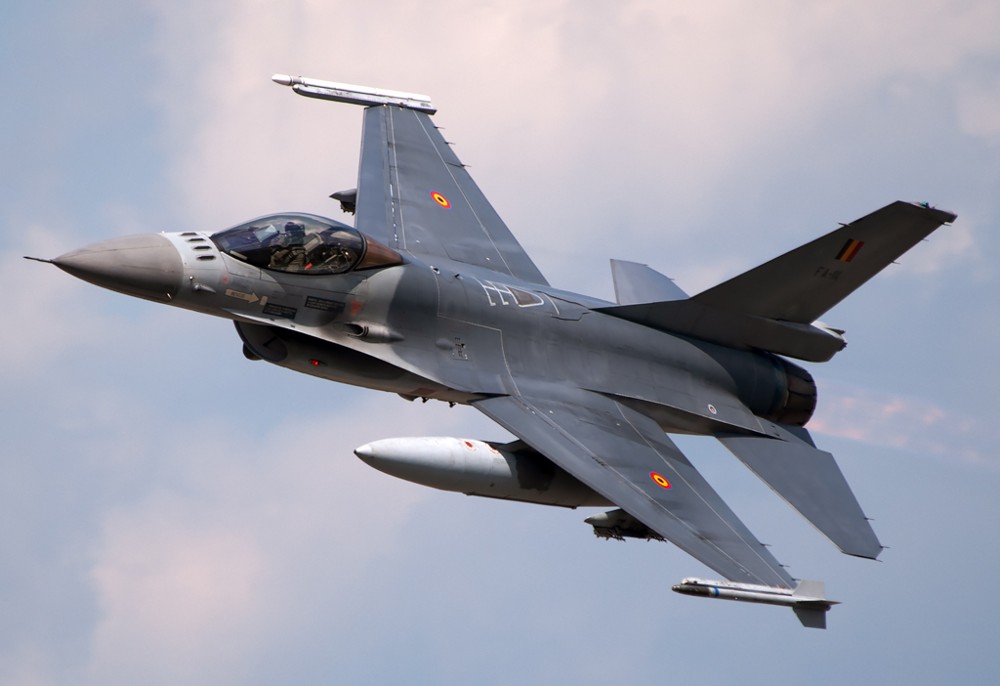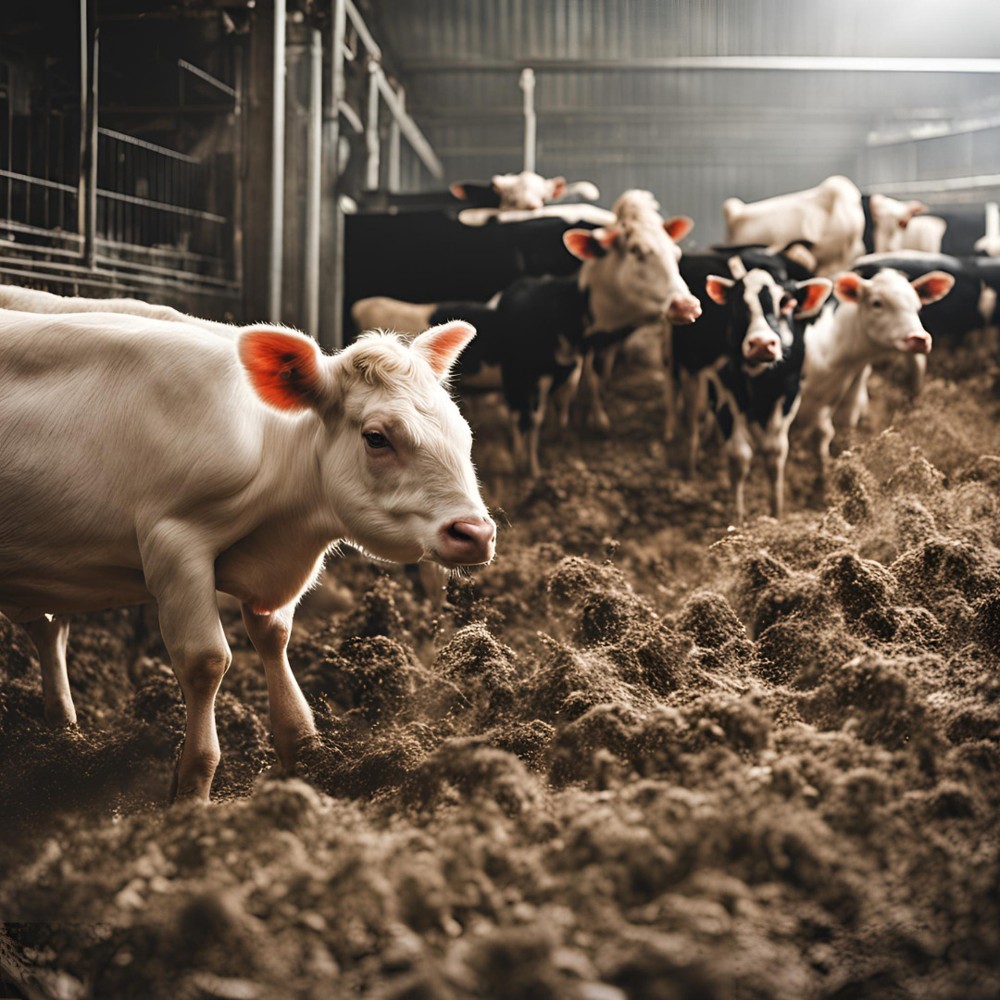Published: 4 months ago

Environment
Summary
In a world grappling with the devastating impacts of climate change, food insecurity, and conflict, global leaders are coming together to address these interconnected issues. Through multilateral cooperation, targeted interventions, and a focus on building resilience, the international community aims to create a sustainable future free from hunger and conflict.
Article
In a world plagued by climate chaos, food crises, and escalating conflict, the need for urgent action has never been more apparent. The United Nations, through various high-level officials and representatives, has highlighted the dire consequences of these intertwined challenges and the imperative for the Security Council to address them with a sense of urgency and responsibility.
Secretary-General António Guterres underscored the gravity of the situation, pointing out that the global food crisis and climate chaos are not just humanitarian issues but also threats to global peace and security. He emphasized that conflicts exacerbate inequalities, imperil livelihoods, and force people from their homes, with women and girls bearing the highest burden. The devastating relationship between hunger, conflict, and climate change was evident in examples like Syria, Myanmar, and Gaza, where millions go to bed hungry due to war, instability, and environmental degradation.
High-level officials such as Simon Stiell, Executive Secretary of the United Nations Framework Convention on Climate Change, highlighted the role of climate change in contributing to food insecurity and conflict. He stressed the need for rapid action to cut greenhouse gas emissions and increase resilience to address the impacts of rising temperatures, extreme weather events, and disrupted food production.
Deputy Director-General Beth Bechdol of the Food and Agriculture Organization (FAO) emphasized the complex interlinkages between climate change, conflict, and food insecurity, illustrating how vulnerable populations, especially those relying on agriculture, are disproportionately affected by climate impacts and resource scarcity. She called for investments in climate-resilient agri-food systems and mechanisms to support conflict-sensitive adaptation and mitigation strategies.
The statements from various countries and regional groupings further highlighted the need for collective action to address the challenges of climate change, food insecurity, and conflict. Efforts to integrate climate resilience, sustainable agriculture practices, early warning systems, and humanitarian assistance were emphasized as crucial steps to build peace, security, and stability in vulnerable regions.
In conclusion, the interconnected nature of climate change, food insecurity, and conflict demands a holistic and integrated approach from the international community. The Security Council must play a pivotal role in addressing these challenges, supporting vulnerable populations, and promoting peace and stability in regions affected by the devastating impacts of climate chaos and conflict. Only through collective action, cooperation, and strategic interventions can we hope to build a more sustainable, resilient, and peaceful future for all.
No opinions exist on this article yet!
Be the first one to share an opinion on this article.
This article does not have any attachments.
No Access
Share access to start recording your opinion










